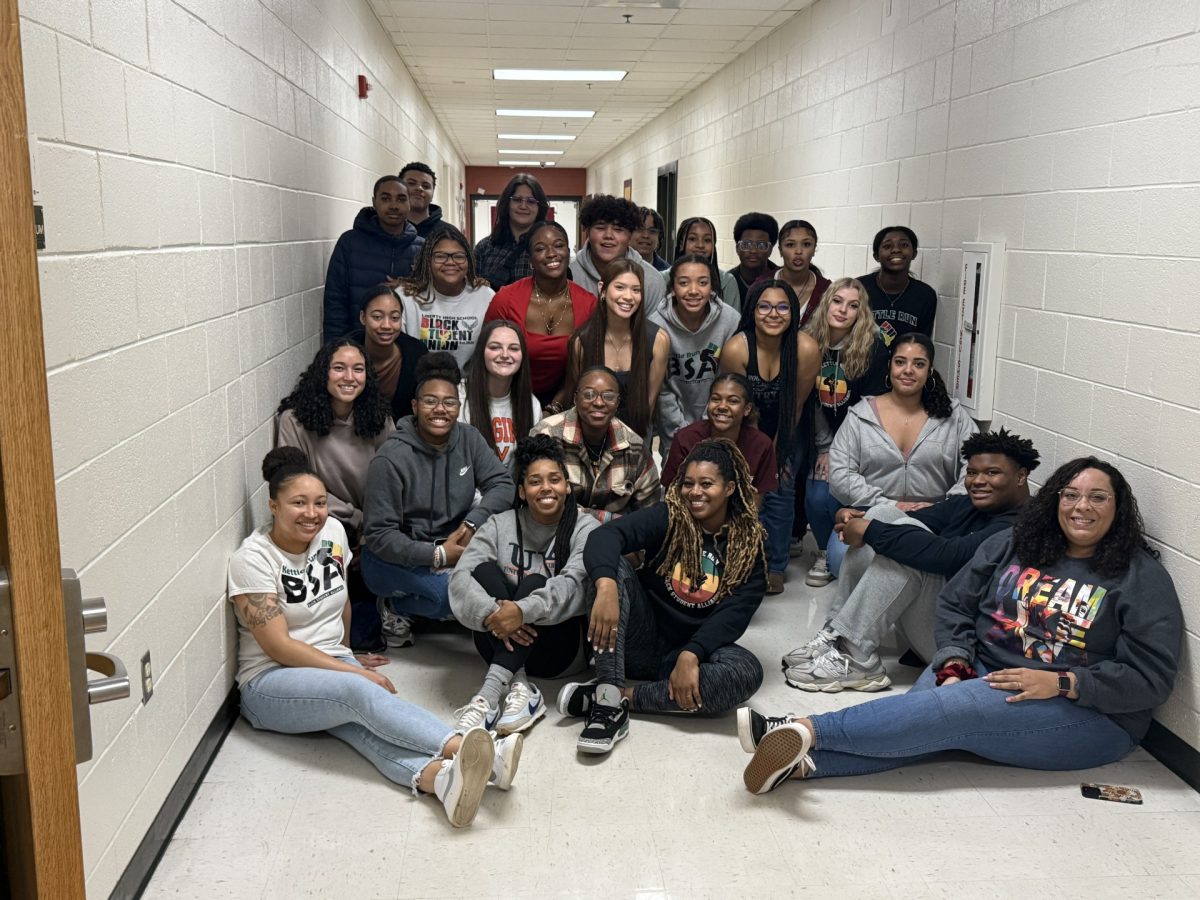Teachers Take on Richmond
Educators tried of low wages will march to state capital
February 6, 2019
As of now, there will be school on Jan. 28, Virginia teachers plan to march to the state Capitol building on Jan. 28 to protest below average teacher salaries and under resourced public schools.
According to Education Weekly, the grassroots group Virginia Educators United is organizing the march. The group’s website states that if enough teachers participate, schools could be shut down.
“In Virginia, the time of waiting for political winds to shift in our favor is over,” organizers of the march posted. “Our goal is to ensure that all students have access to highly qualified and experienced teachers, that educators are compensated fairly, and to improve the educational environment for every child in the state of Virginia.”
Dr. David Jeck, Fauquier County Public Schools Superintendent, believes it’s time for the state to step in and do its part.
“It isn’t fair to constantly expect localities to do the heavy lifting regarding increasing teacher pay,” Jeck said. “The state needs to take bold action. The news we just received regarding the additional funding for teacher raises in the Governor’s proposed budget is a huge step in the right direction.”
Governor Northam wants to spend $88 million to increase teacher pay by five percent. He also wants to increase spending on at risk students and school construction. The governor plans to pay for this with higher than anticipated lottery funds and a Supreme Court ruling that broadened the state’s ability to tax online purchases.
Jeck plans to participate in the march.
“I think the time has come for Richmond to aggressively tackle the teacher salary issue in Virginia,” Jeck said. “Average teacher salaries in Virginia are $6500 below the national average. This is unacceptable, especially when you consider how well Virginia’s students perform nationally.”
Holder Trumbo, Fauquier County Board of Supervisors, believes the state money plays a limited part in the overall budget.
“According to our budget folks, we received 31 percent of our schools budget from the state last year,” Trumbo said. “Folks will vary in their opinions as to how much money is needed to fund education, but I think most folks agree that education should receive more nationwide.”
Trumbo added three issues need to be addressed: teachers should receive more pay overall, and that within that pay issue, long term employees need to be compensated for their expertise and loyalty to the community, and infrastructure; mainly the middle schools in Warrenton that need to be updated.
“How any additional funds will be spent is the responsibility of the school board, as they are the elected body charged with that duty,” Trumbo said. “The board of supervisors levies taxes and decides how much the community can afford. As you may imagine, the needs frequently outstrip the ability to pay which creates many different opinions regarding how much folks can really afford and how the money should be raised and how it should be spent.”
Under state law, the main source of revenue is property taxes.
“The Board of Supervisors has the taxing authority in the county and we always try to be mindful that folks can only afford so much in taxes,” Chris Butler, Board of Supervisors, said. “Our school board is the elected body that controls their funds and taxpayers should always remain engaged in the schools appropriations. Over the next few years we will have to address middle school renovations, equipment repairs as well as teacher pay and we won’t be able to satisfy all those needs in one fell swoop, it will have to be done incrementally. I doubt even the state could afford to address pay and compression statewide in one budget cycle. As Holder states, I think both Boards agree we must address these issues. If you need any more information don’t hesitate to reach out! We will also need to endeavor to increase our tax base through business growth and retention in order to generate new funds from sources that require less services. I think the board of supervisors and school board agree on these points generally.
Trumbo believes there is no easy fix to the compression issue.
“My guess is that we will need to break the problems into manageable bites and spread the solutions over several years,” Trumbo said.
Chris Ganger, Board of Supervisors, believes the issue is a complex one.
“There are a lot of items to address here, all of which are more difficult to dissect as the formula directing state funds to localities is muddy at best,” Granger said. “As Fauquier has relatively high property values, our residents have relatively high household incomes, and steady sales tax returns, we are deemed a high “ability to pay” county.”
Being an “ability to pay county” means less funding from the state.
“Our residents basically send a dollar to Richmond in taxes and we see much less back on education dollars,” Granger said. “Conversely, counties with a “low ability to pay” have the vast major
Granger said. “Conversely, counties with a “low ability to pay” have the vast majority of their school budgets funded by Richmond.”
Granger added, “In my opinion, Fauquier schools have a salary compression problem with our experienced teachers. The number that has been unofficially cited to fix this issue is $4 to $4.5 million. Potential funding or internal savings the school board and superintendent could find, would need to be implemented over at least a three year period.”
According to Fauquier Now, approximately 200 teachers, school staff, and elected officials are planning to attend the march. However, Dr. Jeck said schools will remain open and that Associate Superintendent for Instruction Major Warner is actively recruiting central office and complex staff to help cover classes on the 28th.






















